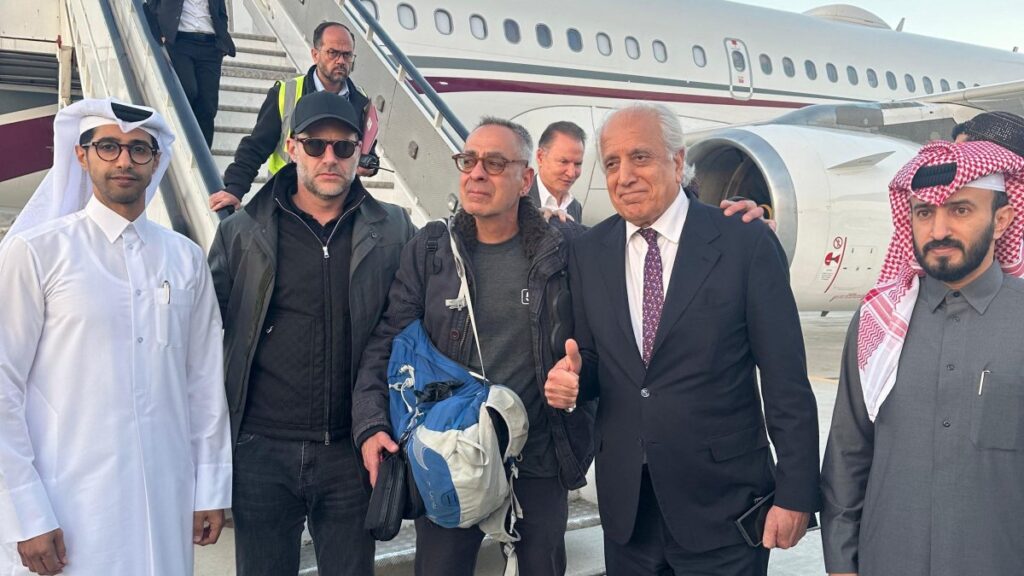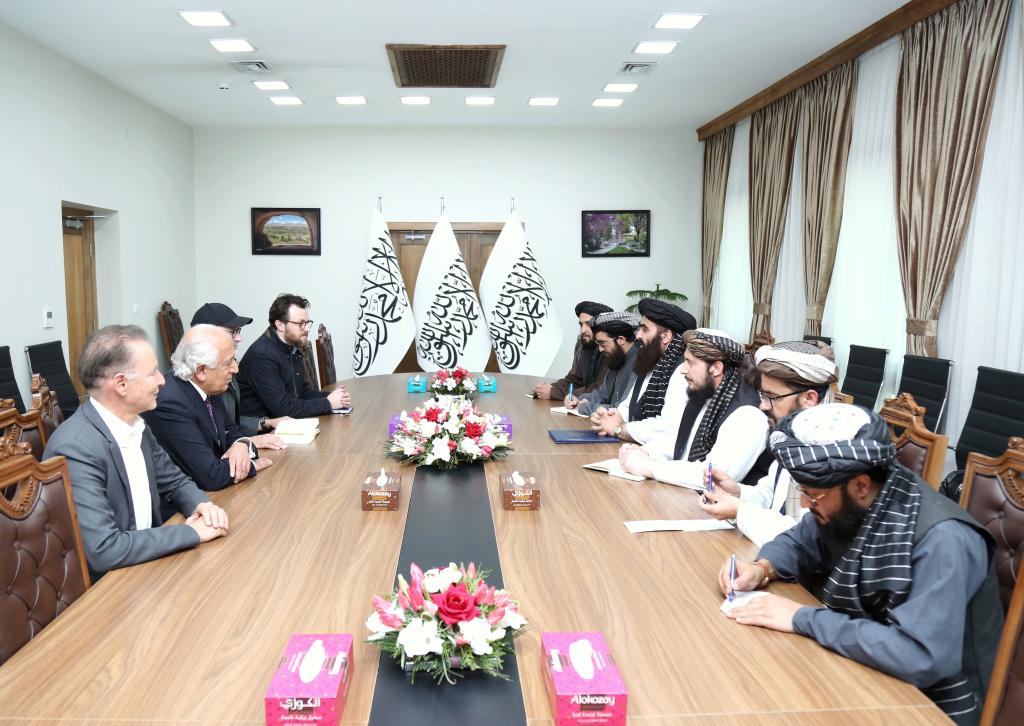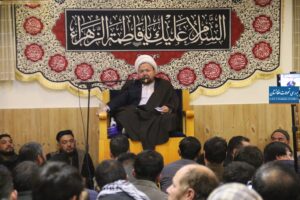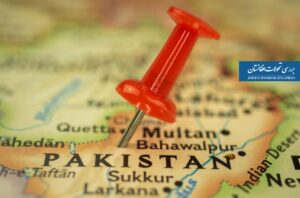Review of Afghanistan developments
The trip of the American delegation to Afghanistan, under the leadership of Adam Buehler, the US President’s Special Representative for Hostage Affairs, and joined by Zalmay Khalilzad, is politically significant, considering the timing, location, and the nature of their negotiations with Amir Khan Muttaqi, the Foreign Minister of the Taliban government.
Under Joe Biden’s presidency, the US government enacted sanctions that restricted its officials from visiting Kabul in response to human rights violations occurring there. However, the recent visit of a US delegation to Afghanistan on Thursday suggests that the Trump administration has rescinded these sanctions. Additionally, this delegation’s visit reflects a more conciliatory stance from the Trump administration towards the Taliban government, signaling a willingness to address differences with Kabul through negotiation and dialogue.
The agreement by the Taliban government to free American citizen George Golzman, along with the American delegation’s successful return from Kabul, indicates the Taliban’s approval of the Trump administration’s policy towards Afghanistan. Moreover, the presence of Zalmay Khalilzad during this visit is particularly meaningful.
The Taliban’s power and Zalmay Khalilzad’s finger of victory
In a recently published image, US presidential envoy Adam Buhler, freed American prisoner George Golzman, and Zalmay Khalilzad are depicted, with Khalilzad celebrating by pointing his finger at the reporter in a gesture of victory. In diplomatic interactions, body language frequently conveys messages that words cannot. What does this trip signify for the relationship between the US and the Taliban government?

Although there is a lack of extensive information concerning the accusations leveled against American prisoner George Golzman, various reports suggest that he is charged with espionage. Golzman, an employee of Delta Airlines, was taken into custody by the Taliban intelligence agency in the final month of 2022.
The actions of the Taliban government in detaining and subsequently agreeing to release an American citizen following a visit from a delegation of the Trump administration highlight the political and legal authority held by the Taliban. In the Afghan republican system, the notion of security agencies arresting an American citizen for criminal activity was virtually unthinkable. Following the establishment of the Kabul-Washington security agreement, the principle of capitulation effectively governed Afghanistan, meaning that Afghan governmental bodies lacked the jurisdiction to investigate crimes committed by American citizens. In contrast, under the Taliban government, an American citizen was arrested and spent two years in prison before being released through diplomatic negotiations.
The initial action taken by the Trump gov. regarding Afghanistan
The American delegation’s visit to Afghanistan, focused on the liberation of an American prisoner, carries considerable political weight. rom this standpoint, the matter of George Golzman’s release can be viewed as a preliminary step towards a new beginning.
During the last three years, there have been few instances of meetings between Taliban officials and representatives of the US government in Arab nations. However, with the inauguration of Donald Trump, a delegation from his administration traveled to Afghanistan for the first time to hold direct talks with the Taliban government. The Taliban’s official statement indicated that the discussions included topics such as the release of additional American prisoners, the restoration of consular relations with the US, and the re-establishment of political relations between Kabul and Washington.
Amir Khan Muttaqi, the foreign minister of the Taliban, characterized the release of the American citizen as a gesture of “goodwill” aimed at enhancing ties with the US government. He urged the United States to move beyond the repercussions of the past two decades of conflict to foster constructive political and economic relations with Afghanistan. This remark from the Taliban’s foreign minister can be viewed as a condition for re-establishing political relations with the US, as well as a subtle response to Trump’s demand for the return of arms to US troops in Afghanistan.
Marco Rubio, the US Secretary of State, referred to the Taliban government’s recent action as a “positive and constructive step” in fostering relations between Kabul and Washington. Some Taliban representatives have voiced their hope that this initiative will pave the way for increased interaction between the two nations. Zakir Jalali, an official from the Taliban’s foreign ministry, shared on X Network that the meeting reflects a shift in the relationship and that both parties are eager to discuss common interests. He added that the negotiations are taking place in Kabul rather than in a third-party nation.
Khalilzad’s role and influence
Zalmay Khalilzad’s engagement in the latest negotiations may indicate his renewed function in the discussions between Kabul and Washington. It is essential to point out that Adam Buehler could have proceeded to Kabul without Khalilzad; nonetheless, Khalilzad’s inclusion in the Trump administration’s delegation was likely a decision made in consultation with the White House or the US State Department, and this role may continue in the future.
The resurgence of Khalilzad’s name and involvement in this trip, stemming from his participation in the Doha negotiations that resulted in the collapse of the republican government, has not been well received by former Afghan officials. Consequently, there has been a surge of negative commentary regarding his return. While Khalilzad is of Afghan descent, as he acknowledged in one of his interviews, he places greater importance on America’s national interests. As a result, he will undoubtedly align his actions with the national interests of America this time as well.
Final word
From a positive perspective, the initial visit of the American delegation to Afghanistan can be interpreted as an indication of Trump’s readiness to initiate dialogue with the Taliban government. It seems that the Taliban leaders who recently convened in Kandahar , where they deliberated on strategies to address the Trump administration and ultimately decided that releasing an American citizen would serve as a gesture of goodwill. This suggests that the Taliban government might pursue a policy of engagement with the United States.
In light of the future of US-Taliban political relations, it is important to note that Taliban leaders, having reflected on the downfall of their first government, are likely to prioritize engagement with the United States rather than adopt a confrontational stance. However, drawing from the lessons of the previous Afghan government’s collapse, the Taliban administration is expected to limit extensive collaboration with the US, particularly concerning regional competition. Although it is needed to monitor the actions of the Trump administration moving forward and determine if Kandahar, as the focal point of the Taliban government’s authority, will uphold this policy.
On a different note, the reemergence of Zalmay Khalilzad in the negotiations and the release of the American citizen are foreseeable developments in Afghanistan’s trajectory. Although Khalilzad’s return has been positively received by Taliban representatives, it poses a significant concern for the adversaries of the Taliban government, who attribute considerable responsibility for the republic’s downfall to Khalilzad, and he, in turn, does not possess a positive outlook on this particular group.

















